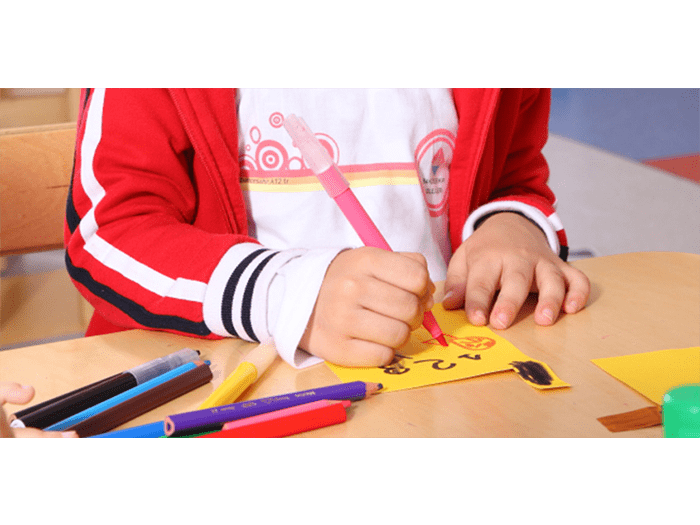Mathematics is fun for some children and a nightmare for others in school life. This is how it usually starts in the first row, and it goes all the way to the end. At some point it becomes a self-fulfilling prophecy. “I don’t mind math!” As the thought of the child becomes ingrained in the mind of the child, the child begins to move away from mathematics, to hear mathematics as if it is a foreign language, and not even to make an effort to understand it. However, the secret lies in how the child is introduced to mathematics. In fact, in early childhood, every child has the potential to learn mathematics, just like speaking and learning languages. It is possible for the child to realize this potential with the necessary stimuli and the application of an effective method.
In the Montessori system, the child’s acquaintance with mathematics is provided with applications and materials designed by taking into account the mental development of the child, as in all other areas. The most effective method for children who are not yet ready to work with abstract concepts to learn mathematics is to convey mathematics by embodying it. Mathematics programs offered with this approach enable the child to internalize and understand the concepts that are the basis of mathematics from a very early age.
We asked Montessori teacher Gülnur Yıldız, who does Montessori mathematics studies with preschool children and has observed the miraculous effects of the program many times, to share with us the secret of the success of Montessori mathematics applications.
Here are some facts about Montessori and the Mathematical Miracle:
-Preschool children have difficulties in conceptualizing abstractions, but they can make sense of concepts with concrete examples and materials presented to them. Montessori applications allow the child, who is new to mathematics, to learn the mathematical order by touching and feeling, in accordance with his concrete and logical thinking structure, and gives him the opportunity to find his own mathematical method.
-From the age of 2, the child is ready to meet mathematics and make sense of mathematical concepts. The child, who is 5 – 6 years old, now develops from concrete operations to abstract operations. Montessori mathematics studies can be started from the age of 2-2.5.
-When children who do Montessori mathematical studies in the preschool period reach the age of 5-6, they will be able to learn numbers and what these numbers mean, writing and reading numbers from 1 to 9000, performing four operations, solving questions with two or three operations, the concept of fraction, geometric learn concepts.
-In Montessori math classrooms, each material presents only one concept. Thus, the concept is separated from all other stimuli that may affect its meaning and attention is focused only on it.
-Each material has parts (such as long and short, large and small, wide and narrow) that show the maximum and minimum values of the concept it aims to present. Relative concepts are most effectively presented in this way in the preschool period.
-The materials are designed to teach concepts from the simple to the complex and from the concrete to the abstract, and are presented in that order. This feature of the materials supports the mental development of the child from age 2 to age 6.
-Every material used in Montessori mathematics applications creates a basis for advanced concepts that will follow it. In Montessori education, which takes into account the mental development of the child and guides him with the difficulties he is ready for, children learn mathematics by having fun. Mathematics becomes a pastime, not a nightmare.
-Many academic studies conducted in the world and in our country show that children who are introduced to mathematics with Montessori applications in the pre-school period have a much higher rate of learning mathematical concepts and being successful in this field in the following periods than children who have not been introduced to this method.
